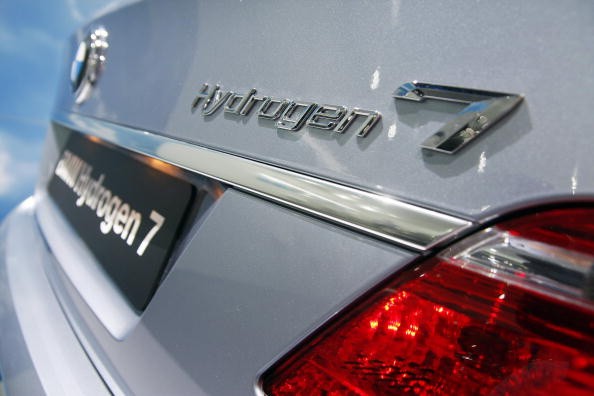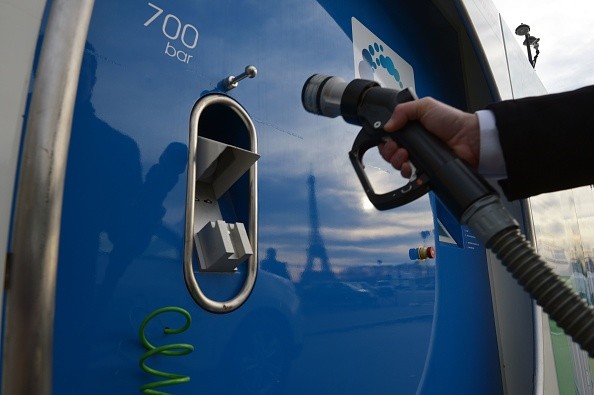Hydrogen fuel-based cars are still not enough to take over the advanced battery electric vehicles (BEVs), as claimed by a new study.

Right now, electric vehicles are becoming more popular across the globe as they offer environment-friendly benefits.
The leading car company when it comes to producing and developing zero-emission vehicles is Tesla. This giant American automaker focuses on creating BEVs.
However, despite the massive disadvantage of full cell electric vehicles (FCEVs), General Motors, Toyota, and Hyundai still create them.
Hydrogen Fuel-Based Cars Less Efficient?
The Nature's journal published a new study titled "Hydrogen technology is unlikely to play a major role in sustainable road transport."

Also Read : Joby Aviation Partners with Japan's ANA to Launch Air Taxi Operations in Asian Country-When in the US?
This peer-reviewed research claimed that battery electric vehicles are still better at zero-emission cars compared to FCEVs.
According to Electrek's latest report, FCEVs are already left behind when it comes to eco-friendly passenger vehicles. This can be seen in the hydrogen fuel-based car projects of Toyota, Hyundai, and Mirai.
Almost all their FCEV projects failed to attract consumers even after releasing their billion-dollar investments. The new car study showed the flaws in the current FCEV models.
Why BEV is Better Than FCEV
The new study claims that FCEVs are less efficient compared to BEVs when it comes to providing clean energy. Aside from this issue, the infrastructure used in hydrogen fuel cells is also quite problematic.
Experts said that FCEV fast-charging stations are difficult to build since they require transport, storage, hydrogen production, and distribution.
Meanwhile, charging stations for BEVs can actually be done overnight. This means that fast-charging stations for battery-electric cars are easier and faster to manufacture.
In other news, Tesla Netherlands Supercharger Network is now available to all EV models, but non-Tesla models might need to pay more.
On the other hand, Apple Car's self-driving system has been tested in California.
For more news updates about FCEV and BEV, always keep your tabs open here at TechTimes.
Related Article : Tesla Supercharger Vs. Electrify America: Which One Offers a Better EV Charging Experience?
This article is owned by TechTimes
Written by: Griffin Davis
ⓒ 2025 TECHTIMES.com All rights reserved. Do not reproduce without permission.




